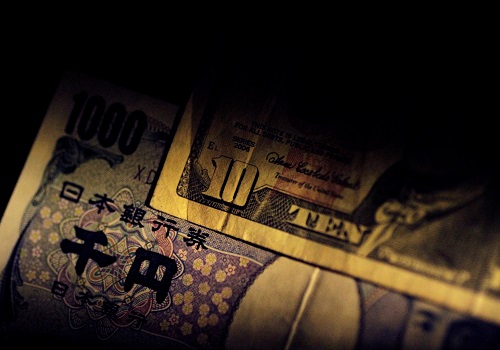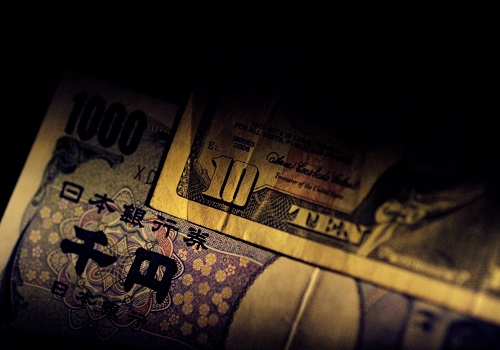
The dollar recouped some of last week's losses on Monday as investors looked ahead to U.S. inflation data after Friday's mixed payrolls report sparked uncertainty about the size of a Federal Reserve rate cut next week.
The yen weakened against the dollar after a four-day run of gains. It was last down 0.7% to 143.35 per dollar, after having touched a one-month high of 141.75 on Friday.
Focus turned to Wednesday's U.S. inflation report as the next main indicator that could alter market pricing for the Fed's September meeting.
The euro slipped 0.3% to $1.1048, while the pound eased 0.3% to a more than two-week low of $1.3083.
Against a basket of currencies, the dollar edged up 0.37% to 101.56.
Friday's highly anticipated U.S. jobs data failed to offer clarity to traders on the question of whether the Fed would deliver a regular 25 basis point rate cut or an outsized 50 bps one at its Sept. 17-18 policy meeting.
While employment increased less than expected in August, the jobless rate ticked lower and wage growth remained solid, indicating that the U.S. labour market was cooling, but not at a pace that warranted panic over the economy's growth outlook.
"The initial relief rally for the U.S. dollar has been driven by the paring back of expectations for the Fed to deliver larger 50 bps rate cut at the next policy meeting," MUFG strategist Lee Hardman said.
"At the same time, the U.S. dollar is deriving support from more risk-off trading conditions."
Markets fully price in a 25 bps rate cut next week and a roughly 25% chance of a bigger, half-point move. On Friday, pricing for a big cut was as high as 50%.
Fed policymakers on Friday signalled they are ready to kick off a series of rate cuts, noting a cooling in the labour market that could accelerate into something more dire in the absence of a policy shift.
Data on Monday showing Japan's economy expanded in April-June at a slightly slower pace than initially reported, had little impact on currencies.
ECB PATH CLEARER
The euro slipped against the dollar ahead of Thursday's European Central Bank's policy meeting. The ECB is widely expected to cut rates by 25 bps to 3.50%, having kicked off its rate cutting cycle in June with a quarter-point cut.
Traders price in a 52% chance of a similar move in December and see cuts of about 62 bps by the year-end, versus cuts of 112 bps priced in from the Fed.
"The ECB path is much clearer than the Fed having already started its rate cutting cycle," said Mohit Kumar, chief economist Europe at Jefferies.
"We expect the ECB to cut at a gradual pace of 25 bps a quarter for the coming meetings, data dependent, and move its rates below 3%."
In China, data showed consumer prices accelerated in August to the fastest pace in half a year but producer price deflation worsened, reigniting calls for further stimulus measures to prop up a still-struggling economy.
The offshore yuan eased 0.4% to 7.1215.
Elsewhere, the New Zealand dollar fell 0.6% to a two-week low of $0.6136.
